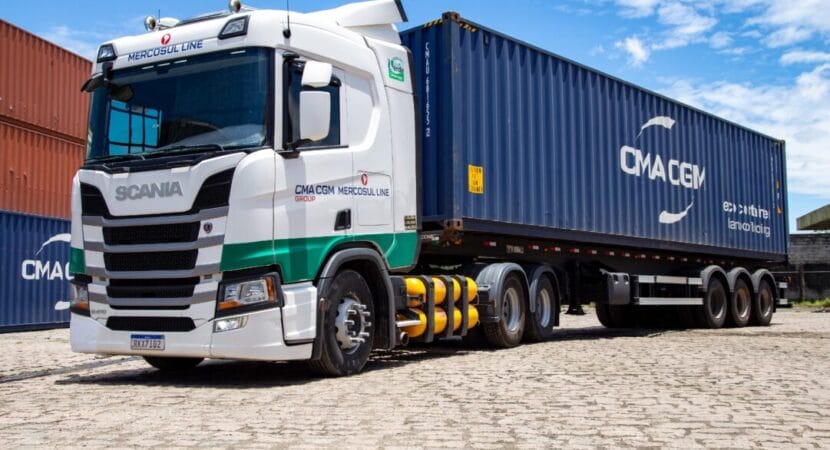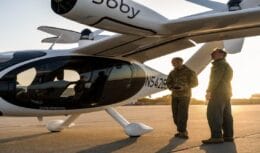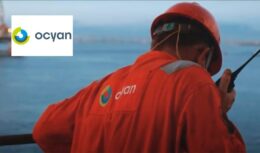
The environmental initiative introduces natural gas-powered vehicles into its Brazilian fleet
In a pioneering move towards corporate sustainability, Mercosul Line, part of the CMA CGM Group, is implementing a significant strategy to minimize its environmental impacts. The company will begin using trucks powered by Vehicle Natural Gas (NGV) in its Brazilian fleet, in line with its commitment to achieve Net Zero Carbon 2050 up.
Energy transition in logistics
Mercosul Line plans to integrate five new CNG trucks, chosen for their ability to reduce CO2 emissions by up to 15% compared to diesel vehicles, according to a study by the National Transport Confederation (CNT). This change not only supports CMA CGM Group's environmental strategy but also serves as an initial step towards the future use of biomethane, which can reduce emissions by up to 90%.
The adoption of CNG, derived from petroleum, reflects progress in the company's efforts to incorporate cleaner and more efficient fuels into its logistics operations. A Distributed generation with CNG is a milestone in the transport sector, contributing to greener and more sustainable logistics.
Implementation and operational impact
The initial test with a CNG truck in the Mercosul Line fleet showed that the vehicle not only maintained the excellent level of customer service, but also confirmed its load capacity. Cristhian Silva, Inland Procurement Manager at CMA CGM Group, highlighted the importance of this project for sustainability: “We will be the first carrier in Brazil to use a fleet with this configuration, which demonstrates our group's commitment to the environment and innovation.”
Operations with CNG vehicles will be concentrated in the Southeast region, starting with the port of Santos, with possibilities for expansion into multimodal transport, combining road, rail and sea transport, depending on the routes. This strategy reaffirms Mercosul Line's dedication to offering solutions that respect the environment and optimize the use of energy resources.
Gustavo Breder, Intermodal Manager at Mercosul Line, highlighted the challenges and achievements of the energy transition: “The transition to CNG is a crucial step to maintain service excellence without increasing the fleet, reflecting our commitment to making the supply chain of our customers increasingly ecological.”
Commitment to the future
Nathaly Freitas, CEO of Mercosul Line, expressed pride in the company's leadership in sustainable transport solutions. “This initiative not only strengthens our leadership in environmental responsibility, but also highlights our future vision for protecting the planet.”
Mercosul Line, as a coastal shipping carrier and multimodal logistics provider, continues to be a key player in the CMA CGM Group's strategy in Brazil, connecting important ports in South America and providing logistics solutions that ensure efficiency and sustainability. With this new initiative, the company not only reaffirms its commitment to sustainability, but also positions itself at the forefront of innovation in logistics and energy management.
Source: Marcelo Laguna.












